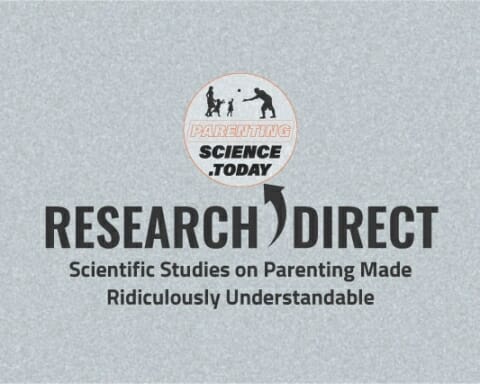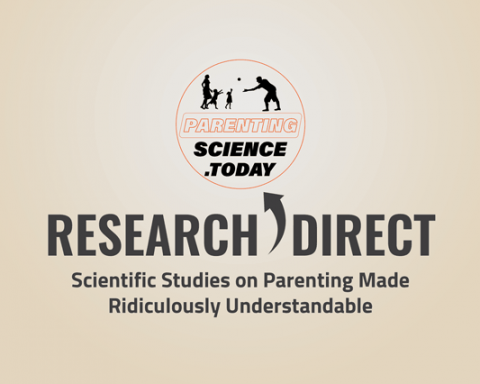Despite the numerous control and prevention measures available, the incidence of asthma has not diminished. Some of the most studied and recommended preventive strategies include avoiding dust mite allergens, prolonging breastfeeding, and diminishing tobacco smoke exposure, which has proven successful in multiple clinical trials. In addition, a new strategy has emerged in the medical field: diet changes. Specifically, increasing the intake of omega-3 fatty acids through dietary supplements may help prevent asthma symptoms.
Omega-3 fatty acids minimize the presence of inflammatory mediators derived from arachidonic acids, such as prostaglandins and thromboxane. These mediators facilitate inflammation of the airways in atopic disease and can heighten cough sensitivity by increasing cough receptor discharge. Therefore, omega-3 fatty acids may have a protective effect against asthma.
Although there is anecdotal and observational evidence that children who eat fish have a lower prevalence of wheezing and cough, dietary supplementation with omega-3 fatty acids has not been investigated. For this reason, a group of researchers from Australia (a country with a significant increase in asthma cases in the last twenty years) conducted a study entitled “Three-Year Outcomes of Dietary Fatty Acid Modification and House Dust Mite Reduction in the Childhood Asthma Prevention Study” in order to measure the effects of omega-3 fatty acid supplementation and house dust mite reduction on children with a family history of asthma.
How was the Study Carried Out?
Pregnant women whose unborn children were at high risk of developing asthma were recruited from the antenatal clinics of six Australian hospitals. Each baby had at least one parent or sibling with current asthma or frequent wheezing. The women were sorted into one of four study groups before the first home visit at thirty-six weeks gestation: Group A received placebo dietary supplements and had no house dust mite reduction; Group B received placebo dietary supplements and had active house dust mite reduction; Group C received omega-3 dietary supplements and had no house dust mite reduction, and group D received omega-3 dietary supplements and had active house dust mite reduction.
House dust mite reduction involved the use of both physical and chemical methods. The mattress of the child’s cot or bed was covered in an allergen-impermeable cover. No soft toys were left in the child’s bed, and the use of sheepskin underlays was avoided. If the child slept with the parents, impermeable mattresses and pillow covers were provided for their bed too. A washable latex-free playmat was provided to reduce contact with carpets. The child’s bedding and playmats were washed in an acaricidal detergent before birth and then every three months thereafter. Participants were given standard advice on simple cleaning measures, including vacuuming, dusting, and maintaining adequate ventilation.
Families who received omega-3 supplementation were given 500 mg tuna fish oil capsules containing 184 mg omega-3 fatty acids to add to the child’s food once daily from the age of six months. If bottle-feeding started before the age of six months, the parents added a weight-adjusted amount of oil supplement to the formula. In addition, each family was provided with canola-based oils and spreads, which are low in omega-6 fatty acids and high in omega-3 fatty acids. The control groups received placebo supplement capsules of Sunola oil and soybean-based polyunsaturated oils and margarine high in omega-6 fatty acids.
At three years of age, the children underwent a clinical assessment, which included a symptoms and illness questionnaire that was administered to parents.
Changes in Diet Do Help
Researchers found that omega-3 supplementation and omega-6 restriction reduced atopic cough, and allergen avoidance reduced house dust mite atopy, but neither intervention had any effect on wheezing.
Although the etiology and prognosis of cough and wheeze in childhood are not clear yet, it seems likely that atopic cough at this age is associated with allergic inflammation of the airways. Furthermore, the dietary intervention was effective in reducing this inflammatory process. Since atopy in early life is a strong predictor of later asthma, reducing atopy to local allergens may have important implications for lowering the risk of later diseases. So, yes, diet changes are useful in reducing the incidence of asthma.
Consult a pediatrician for any information regarding dietary supplements for children, which may be especially useful if there is a family history of asthma or wheezing.
References
Peat, Jennifer K., Seema Mihrshahi, Andrew S. Kemp, Guy B. Marks, Euan R. Tovey, Karen Webb, Craig M. Mellis, and Stephen R. Leeder. “Three-Year Outcomes of Dietary Fatty Acid Modification and House Dust Mite Reduction in the Childhood Asthma Prevention Study.” The Journal of Allergy and Clinical Immunology 114, no. 4 (2004): 807–813. Retrieved from https://www.jacionline.org/article/S0091-6749(04)02013-5/fulltext













